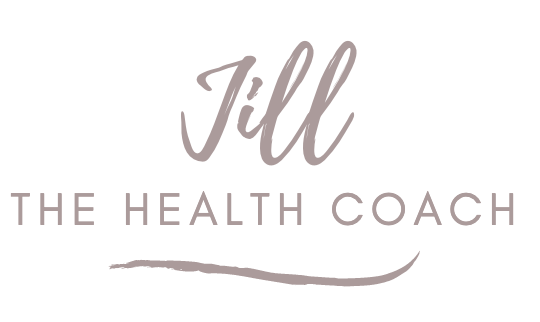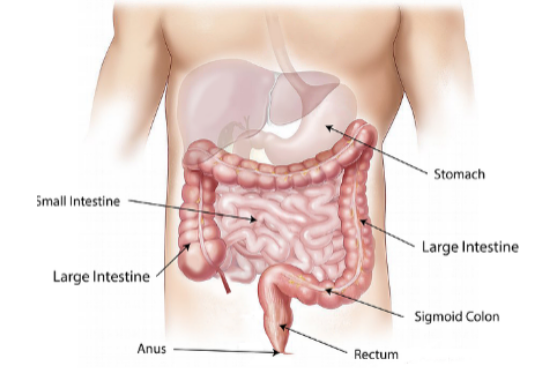Do you have any of the following symptoms?
- Gas, bloating, bowel discomfort
- Joint Pain
- Low energy
- Thyroid and/or adrenal weakness
- Weight gain
- Multiple food sensitivities or allergies
- Autoimmune disease
- Skin issues such as acne, rosacea, dry skin, eczema, psoriasis
- Malabsorption Issues leading to deficiency in nutrients
- Anxiety, depression and behavioral issues
Your intestine is like a 25 – 30 foot hose that goes through your body starting from your mouth to your anus. It plays many roles. First, it acts as a barrier that separates what your body needs to be nourished and what it needs to excrete. It also absorbs vitamins and nutrients on the surface area leaving the toxic waste or indigestible particles to be escorted through the hose until it exits out of the body. The hose should be thick and stable to keep everything separate-the nutrients inside and the toxins outside.
However, when the hose is constantly filled with toxins and indigestible “foods that aren’t really food”, the lining of the hose gets thin and easy to separate. Imagine your gut lining going from a big thick towel to a thin paper towel. The paper towel is closer to a “leaky gut” as it is much more permeable with much less surface area to absorb nutrients than a plush towel.
A Leaky Gut occurs when toxins, microbes and undigested food particles (and then some!) escape from your intestine (the hose) and travel throughout your body via your bloodstream. These foreign invaders travel throughout the body wreaking havoc. They attach themselves to organs and various parts of the body where they are not recognized and cause inflammation. Inflammation is the source of ALL disease and that’s when the above symptoms start to develop.
How do we get leaky gut in the first place? Much has to do with the Standard American Diet (SAD), our typical stressful way of life as well as the standard course of treatments for illnesses:
· Stress
· Too much refined sugar
· Inadequate dietary fiber
· Excessive alcohol intake
· Non-steroidal anti-inflammatory drugs (NSAIDS such as Advil, Motrin, Aleve, Celebrex, etc))
· Radiation and cytotoxic drugs (treatments used for cancer)
· Parasitic infections
· Candida (an imbalance of intestinal flora with overgrowth of yeast)
· Overuse of antibiotics
How do we heal leaky gut? We need to stop putting gasoline on the fire. It is necessary to stop doing the things that brought on leaky gut in the first place. Diet plays a huge role in healing and patching up that hose.
It is important to heal by nourishing the body with food it is meant to eat:
· Fresh, organic vegetables and fruit
· Eat fiber (avoid this for now if experiencing an irritable bowel and flaring)
· Eat clean, organic animal protein (wild fish, poultry and grass fed beef)
· Eat good fats such as avocado, coconut oil, nuts and seeds (avoid seeds if experiencing an irritable bowel and flaring)
· Naturally probiotic-rich refrigerated fermented foods such as sauerkraut and kimchi
It is just as important to avoid the foods that helped get the leaky gut in the first place:
· Processed foods (most packaged “foods”)
· Sugar
· Fruit juices
· Refined carbohydrates (flours, bread, pasta)
· Alcohol
· NSAIDs
· Common inflammatory foods that cause sensitivity such as wheat or gluten-filled foods and dairy
While the body may heal by making lifestyle changes, supplementation speeds up the healing:
· Probiotics- helps re-inocolulate your intestine with the good bacteria your body needs.
· Omega 3 Fatty Acids- Fish oil helps reduce inflammation
· L-Glutamine- essential for gut repair to help heal the intestinal lining. It also helps to decrease cravings for sweets and carbs.
· Digestive Enzymes-this will help break down food small enough so it can be absorbed by the intestinal lining. Many with leaky gut are malnourished because they haven’t been able to absorb nutrients from their food.
Heal and nourish your intestines by bringing them back to balance.

